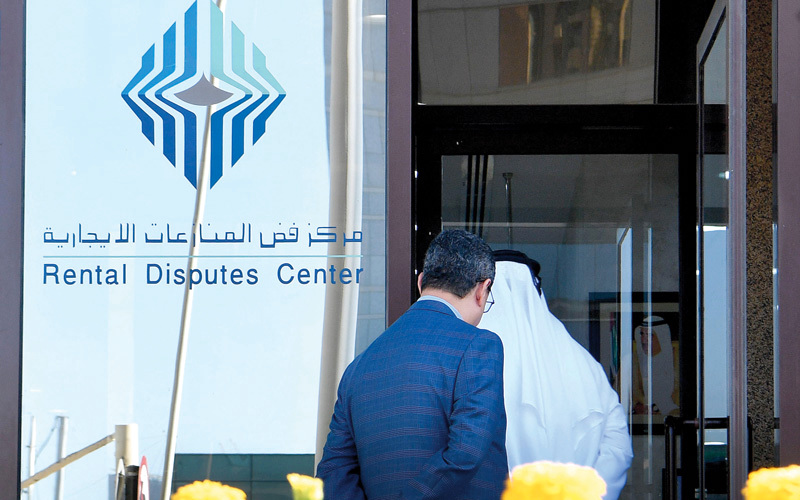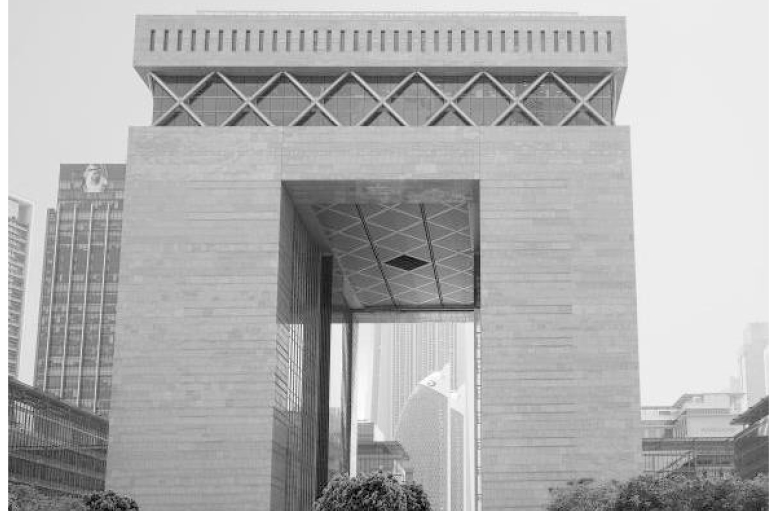– the Sharjah Court of Appeal sets limits
By Chatura Randeniya and Nazim Hashim, Afridi & Angell
The Sharjah Court of Appeal recently declined to apply the principle of separability of an arbitration clause, on the basis that the underlying agreement (i.e. in which the arbitration clause was contained) was not defective or argued to be invalid by the appellant. This judgment has potentially significant implications for parties who intend to rely on an agreement which contains an arbitration clause to assert claims in court.
The separability of an arbitration clause is the legal principle that allows an agreement to arbitrate to be considered independently from the contract in which the agreement to arbitrate is contained. The effect of this principle is that even if the underlying agreement is held to be invalid, the arbitration clause in the agreement will remain valid (unless the agreement to arbitrate itself is found to be invalid for reasons other than the invalidity of the underlying agreement). However, as specific authority is required to create a valid arbitration agreement under the laws of the UAE, it is common to see this principle being relied on to bring claims in court, on the basis that the arbitration clause is invalid for want of authority, but the rest of the agreement is sound and may be relied upon to assert claims.
The principle of separability is recognised in the UAE’s Federal Arbitration Law (Federal Law No 6 of 2018), and the recognition of this principle was considered one of the highlights of the law. Article 6(1) of the Federal Arbitration Law provides as follows:
An arbitration clause shall be treated as an agreement independent from the other terms of contract. The nullity, recission or termination of the contract shall not affect the arbitration clause if it is valid per se, unless the matter relates to an incapacity among the parties.
The dispute before the Sharjah Courts arose in relation to a commercial agreement between a foreign company (the plaintiff) and a UAE company based in Sharjah (the defendant). The plaintiff instituted proceedings before the Sharjah Court of First Instance asserting certain contractual claims based on the agreement. The defendant took the position that the Sharjah Court had no jurisdiction because the agreement contained an arbitration clause.
The plaintiff argued that the individual who signed the agreement on its behalf had no authority to agree to arbitration on its behalf. The plaintiff sought to advance this argument by reference to the standards applicable under UAE law to establish the authority to agree to arbitration (or in this case, the lack thereof). The defendant took the position that the issue of authority to agree to arbitration should be determined with reference to the law applicable to the plaintiff (i.e. the law applied in the plaintiff’s country of incorporation), and not UAE law.
Although the question of authority was the principal issue addressed in the parties’ pleadings, the Sharjah Court of First Instance issued judgment dismissing the plaintiff’s case for the want of jurisdiction. The court held that the plaintiff may not simultaneously rely on the agreement as the basis of its claims and seek to dispute the validity of the arbitration clause contained therein. The plaintiff thereafter filed an appeal to the Sharjah Court of Appeal, and its principal argument was based on the separability of an arbitration clause. The Court of Appeal held against the plaintiff/appellant on the basis that the plaintiff/appellant has taken the position that the agreement is binding in asserting its claims and, as the agreement itself was not defective or invalid, the arbitration clause cannot be separated from the rest of the agreement.
It therefore appears from this judgment that a party asserting a claim in court may not seek to rely on the separability of an arbitration clause if it does not also assert that the underlying agreement itself suffers from some form of invalidity. It is likely that this judgment will be appealed to the Union Supreme Court. Until such time the Union Supreme Court issues its judgment, this judgment will give pause to parties who intend to assert contractual claims in court on the basis that the arbitration clause in their agreement is defective. ■
The Authors

Chatura Randeniya, Partner
crandeniya@afridi-angell.com
Tel: +971 4 330 3900
Chatura’s practice focuses primarily on dispute resolution. He advises and represents clients in arbitration, and has represented clients in DIAC, ADCCAC, ICC and ad hoc arbitrations. He also works with local advocates on matters before the UAE Federal courts. Chatura regularly advises clients in high value construction, and maritime and shipping disputes. He is admitted as Attorney-at-Law of the Supreme Court of Sri Lanka. He is a recommended practitioner by Chambers and Partners and Legal 500.

Nazim Hashim, Senior Associate
nhashim@afridi-angell.com
Tel: +971 4 330 3900
Nazim practices in the firm’s dispute resolution group. He has substantial experience in all aspects of civil and criminal litigation from case intake through to final disposition at trial. He handles a heavy caseload at a busy litigation practice, which includes conducting research and drafting memoranda used to support court pleadings. Nazim is a member of the Sudanese Bar Association.











































 Afridi & Angell
Afridi & Angell Masood Afridi
Masood Afridi Amjad Ali Khan
Amjad Ali Khan







